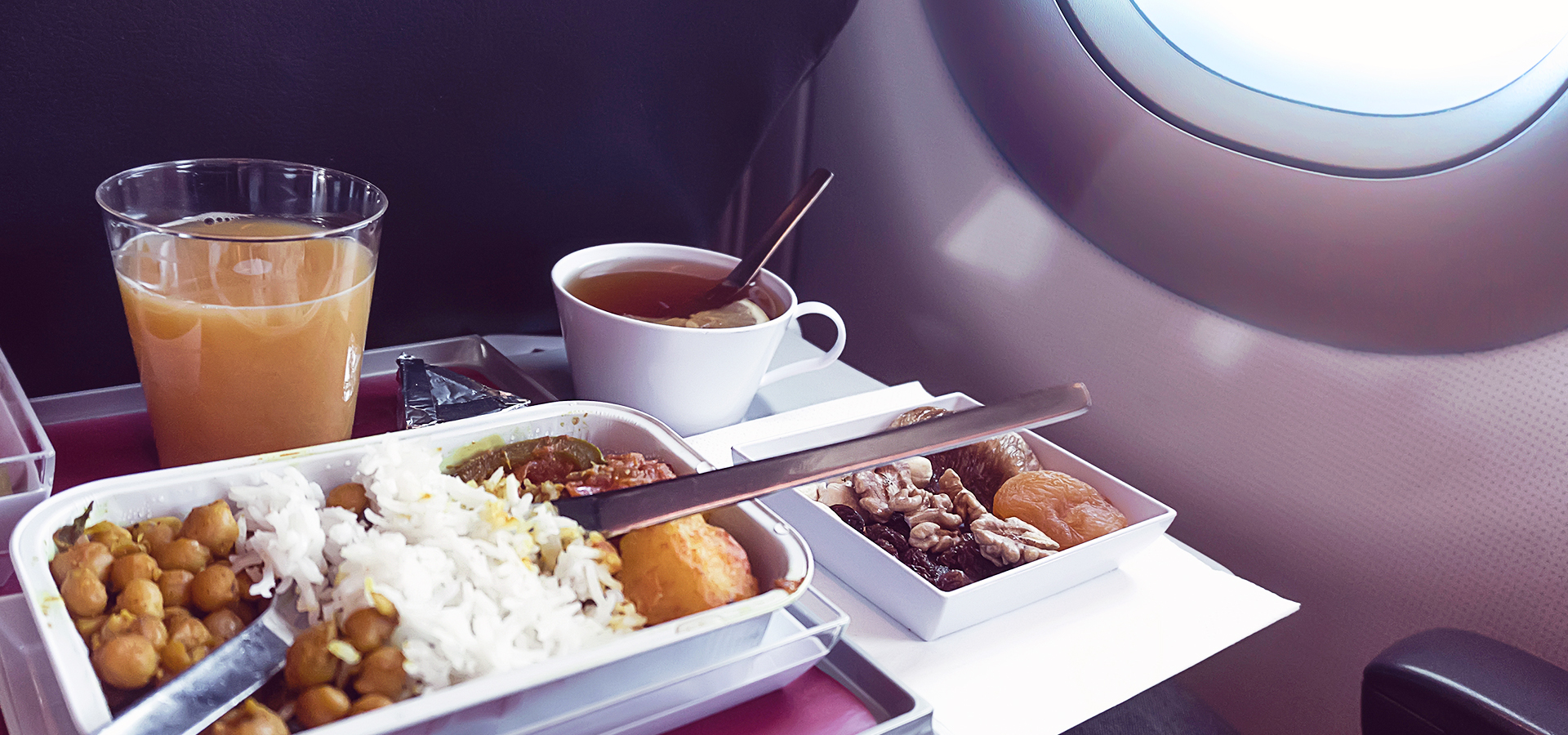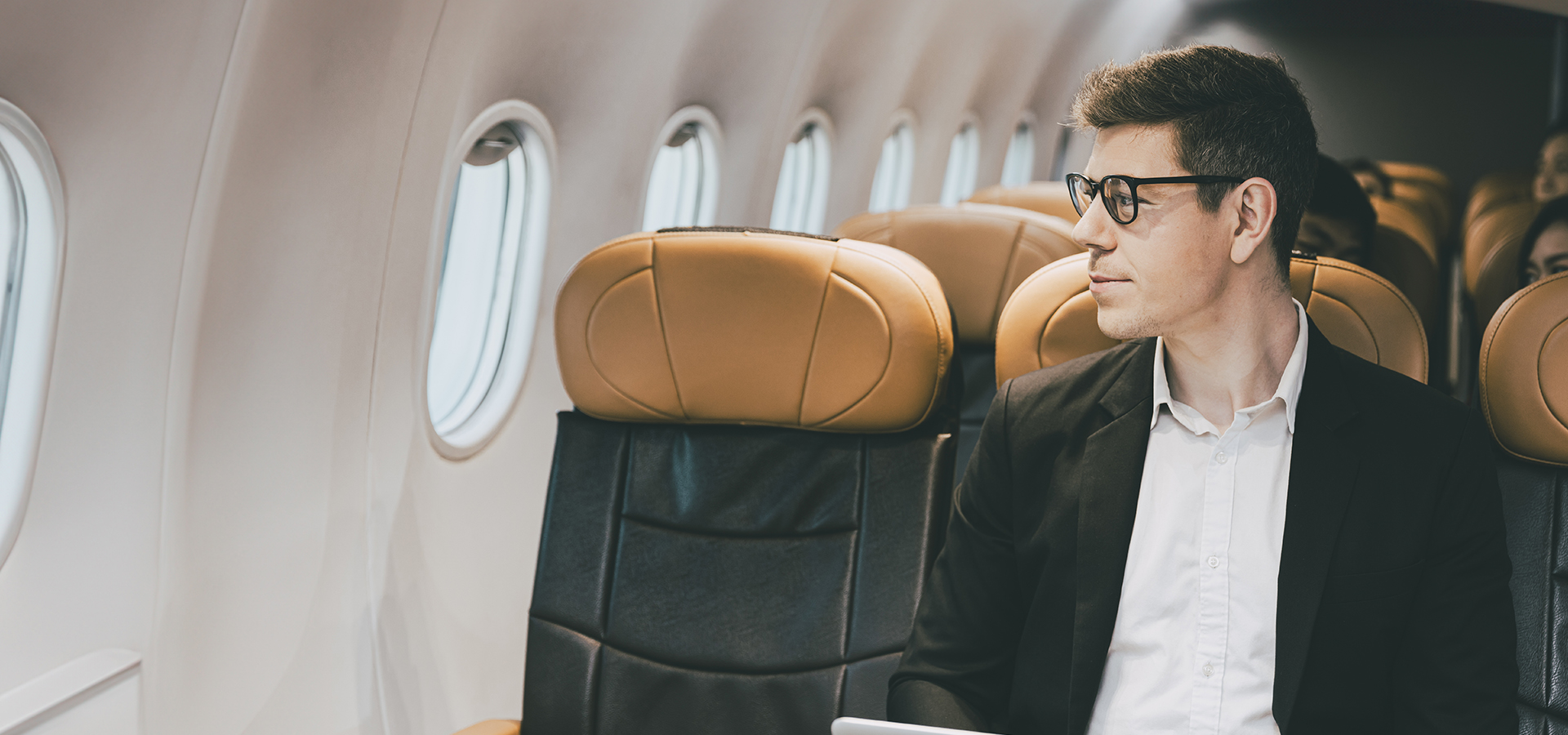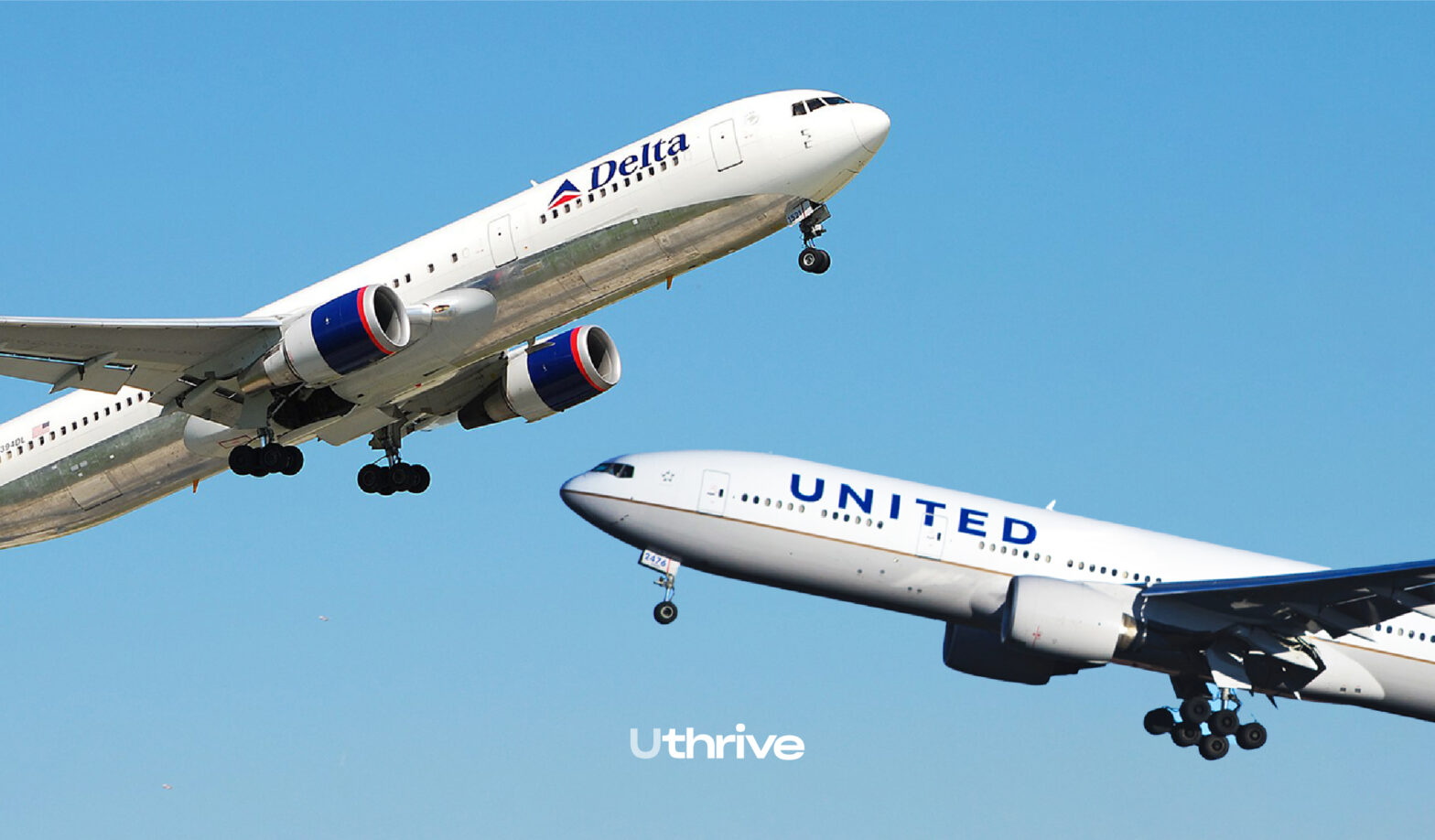Key Takeaways:
-
Delta offers superior on-time performance and customer service, making it ideal for domestic travel and those who value a reliable in-flight experience.
-
United excels in international routes, particularly to Asia, with its extensive network and luxurious Polaris business class, appealing to global travelers.
-
Frequent flyers should choose based on their travel patterns: Delta is better for U.S. routes and loyalty rewards, while United shines with broader international options and Star Alliance benefits.
Choosing between United Airlines and Delta Airlines can feel like trying to decide between pizza and burgers.
Both are popular, widely available, and have their devoted fans. But when it comes to air travel, which one truly offers the best experience?
Whether you’re a frequent flyer or planning your next vacation, this article will help you compare United Airlines vs. Delta to find out which one might be the best fit for you..


Overview: United Airlines vs. Delta
United Airlines and Delta Air Lines are two of the biggest and most well-known airlines in the United States.
Both airlines operate extensive domestic and international routes, offer frequent flyer programs, and have a variety of credit card partnerships.
But while they have much in common, they also have some key differences that might sway your decision.
Destinations and Route Networks
When it comes to the number of destinations and reach, both United and Delta have extensive global networks.
-
Delta Airlines
Delta has a strong presence in the U.S., particularly on the East Coast, with major hubs in Atlanta, New York (JFK and LaGuardia), and Detroit.
Delta also has a strong international presence, with numerous flights to Europe, Asia, and Latin America.
-
United Airlines
United, on the other hand, has a more expansive international route network, particularly to Asia and Europe. United’s major hubs are in Chicago (O’Hare), Newark, San Francisco, and Houston.
If you’re planning to fly to or from the West Coast or need to travel to Asia frequently, United might have a slight edge.
ProTip: Think of Delta as that friend who knows the best spots in New York City, while United is your go-to guide for finding hidden gems in Tokyo.
In-Flight Experience
In-flight experience can make or break your journey, and both airlines offer distinct services.
-
Delta Airlines
Delta is often praised for its onboard service, with many travelers noting the friendliness of the flight attendants and the overall comfort of the cabins.
Delta’s in-flight entertainment system, Delta Studio, offers a vast array of movies, TV shows, and music, available on most flights. Their newer planes and upgraded interiors often make for a more comfortable ride.
-
United Airlines
United has made significant strides in improving its in-flight experience, especially with its Polaris business class product, which is highly regarded for international travel.
However, in the economy class, United has received mixed reviews. The in-flight entertainment system on United is similar to Delta’s, though some older planes may not have seat-back screens, which can be a drawback.
Pro Tip: Delta is like that cozy coffee shop with plush chairs and friendly baristas, while United might feel more like a big chain café – reliable but sometimes lacking that personal touch.
Best Credit Cards For Airlines

-
Chase Sapphire Preferred® Card
Annual Fee: $95
Key Benefits: Earn 100,000 bonus points after you spend $5,000 on purchases in the first 3 months from account opening.
Earning Potential:
- 5x points on travel purchased through Chase
- 2x on other travel, dining
Airline Partner: Multiple Airlines via Transfer
Additional Perks: No foreign transaction fees, primary rental car insurance, trip cancellation insurance
-
Delta SkyMiles® Platinum American Express Card
Annual Fee: $350
Key Benefits: Earn 60,000 Bonus Miles after you spend $3,000 in eligible purchases on your new Card in your first 6 months of Card Membership.
Earning Potential:
- 3x miles on Delta, hotels
- 2x on dining and U.S. supermarkets
Airline Partner: Delta Air Lines
Additional Perks: $100 Delta flight credit after $10,000 spend, no foreign transaction fees, upgrade priority
-
United℠ Explorer Card
Annual Fee: $0 intro annual fee for the first year, then $150
Key Benefits: Debut Offer: Earn 80,000 bonus miles after you spend $3,000 on purchases in the first 3 months your account is open.
Earning Potential:
- 2x miles on United, dining, hotels
Airline Partner: United Airlines
Additional Perks: Priority boarding, two United Club passes annually, trip cancellation insurance, no foreign transaction fees
-
The Blue Business® Plus Credit Card from American Express
Annual Fee: No annual fee
Key Benefits: Earn 15,000 Membership Rewards® points after you spend $3,000 in eligible purchases on the Card within your first 3 months of Card Membership.
Earning Potential:
- 2X Membership Rewards points on all purchases up to $50,000 annually
- 1X points thereafter
Airline Partner: Transfers to 20+ airline partners via Amex Membership Rewards
Additional Perks:
- $600 cell phone protection against theft or damage
- Primary car rental insurance
- Trip cancellation/interruption insurance
-
Ink Business Preferred® Credit Card
Annual Fee: $95
Bonus Miles: Earn 90,000 bonus points after you spend $8,000 on purchases in the first 3 months from account opening.
Earning Potential:
- 3X points on travel, shipping, internet, cable, and phone services
- 3X points on advertising with social media and search engines
- 1X points on other purchases
Airline Partner: Transfers to 10+ airline partners via Chase Ultimate Rewards
Additional Perks: $75 annual Southwest travel credit, 4 upgraded boardings per year, 20% back on in-flight purchases
This table provides a comprehensive comparison of various airline credit cards, focusing on their key benefits, earning potential, and additional perks to help you choose the card that best suits your travel needs.
Frequent Flyer Programs: MileagePlus vs. SkyMiles

For frequent flyers, the loyalty programs offered by each airline are a crucial consideration.
-
Delta SkyMiles
Delta’s SkyMiles program is known for its simplicity and lack of blackout dates, which makes redeeming miles relatively straightforward.
However, the value of SkyMiles has been a point of contention, with many travelers feeling that Delta miles are worth less compared to other airlines.
-
United MileagePlus
United’s MileagePlus program is part of the Star Alliance, which gives you access to a broader range of airline partners for earning and redeeming miles.
-
United also allows stopovers on award tickets, which can add value for international travelers. However, the program has been criticized for dynamic award pricing, which can make it difficult to predict how many miles you’ll need for a flight.
ProTip: If SkyMiles were a currency, they might be the kind you find in your couch cushions – they add up, but don’t expect them to pay for a fancy dinner. MileagePlus miles might get you that dinner, but you’ll need to keep an eye on the ever-changing menu prices.
On-Time Performance
Nobody likes to be late, especially when it comes to flights. On-time performance is a critical factor in choosing an airline.
-
Delta Airlines
Delta is consistently ranked as one of the most punctual airlines in the United States.
Their commitment to on-time departures and arrivals has earned them high marks from travelers who value punctuality.
-
United Airlines
United’s on-time performance is solid but not as strong as Delta’s.
While they have improved over the years, Delta generally has the upper hand in this category.
ProTip: Flying Delta is like going to a friend’s house for dinner – you know it’ll be ready when they said it would be. United might be more like that friend who tells you dinner’s at 7, but you end up eating at 7:30.
Baggage Policies
Baggage fees are an inevitable part of flying these days, so it’s essential to know what to expect.
-
Delta Airlines
Delta charges $30 for the first checked bag and $40 for the second on domestic flights, with similar fees on international routes.
Delta’s baggage policy is fairly standard, but one perk is that Delta SkyMiles American Express cardholders such as Delta SkyMiles® Gold American Express Card or Delta SkyMiles® Platinum American Express Card get their first checked bag free.
-
United Airlines
United has the same baggage fees as Delta for domestic flights, charging $30 for the first checked bag and $40 for the second.
United also offers the first checked bag free for cardholders of their co-branded credit cards.
Lounges and Airport Experience
For those who spend a lot of time at airports, the quality of lounges and the overall airport experience can make a big difference.
-
Delta Airlines
Delta’s Sky Club lounges are well-regarded for their amenities, including comfortable seating, food options, and complimentary Wi-Fi.
Delta is also working to expand and upgrade its lounges, particularly in major hubs like Atlanta and New York.
-
United Airlines
United’s Polaris lounges for international business class passengers are among the best in the industry, offering high-end amenities and dining options.
However, United Club lounges, available to domestic travelers, are more hit-or-miss, with some locations needing an upgrade.
ProTip: Delta’s lounges are like the neighborhood coffee shop – comfortable, reliable, and a good place to relax. United’s Polaris lounges are more like the exclusive speakeasy you had to get on a list to enter.
Customer Service
Customer service can be the tie-breaker when choosing between two airlines.
-
Delta Airlines
Delta consistently ranks high in customer satisfaction surveys. Their customer service is often praised for being friendly and helpful, whether in-flight or during booking and check-in.
-
United Airlines
United has worked hard to improve its customer service in recent years, but it still has some catching up to do compared to Delta.
United’s service can be more variable, with some travelers reporting excellent experiences and others, well, not so much.
Pro Tip: Delta’s customer service is like your favorite bartender who remembers your drink order and chats with you about your day.
United’s service can sometimes feel like the cashier who just wants to get you through the line as quickly as possible.


Bottom Line
So, which airline is better for you: United Airlines or Delta?
-
Choose Delta if
You prioritize on-time performance, friendly customer service, and a consistent in-flight experience.
Delta’s U.S. hubs and SkyMiles program are also great if you frequently travel within the United States or to Delta’s strongholds in Europe and Latin America.
-
Choose United if
You need access to a broader international network, particularly in Asia, and value having more partner airlines for redeeming miles.
United’s Polaris business class is also a strong choice for long-haul international flights.
Ultimately, the best choice depends on your specific travel needs, routes, and preferences.
Both airlines offer solid experiences, but with distinct strengths. So next time you’re booking a flight, weigh these factors – and may the best airline win your loyalty!

![Guide to Priority Pass Lounges at PDX – Top Things To Know [2024]](https://stagingwp.uthrive.club/wp-content/uploads/2024/11/Guide-to-Priority-Pass-Lounges-at-PDX-Top-Things-To-Know-2024-1024x600.jpg)
![Guide to Las Vegas Priority Pass Lounges – Top Things to Know [2024]](https://stagingwp.uthrive.club/wp-content/uploads/2024/11/Guide-to-Las-Vegas-Priority-Pass-Lounges-Top-Things-To-Know-2024-1024x600.jpg)
![Guide to Priority Pass SFO – Lounges and Restaurant Options at San Francisco International Airport [2024]](https://stagingwp.uthrive.club/wp-content/uploads/2024/11/Guide-to-Priority-Pass-SFO-Lounges-Restaurants-at-SFO-1024x599.jpg)
![Chase Sapphire Lounge LGA: Review & Updates [2024]](https://stagingwp.uthrive.club/wp-content/uploads/2024/11/Chase-Sapphire-Lounge-LGA-Review-Updates-2024-1024x600.jpg)













